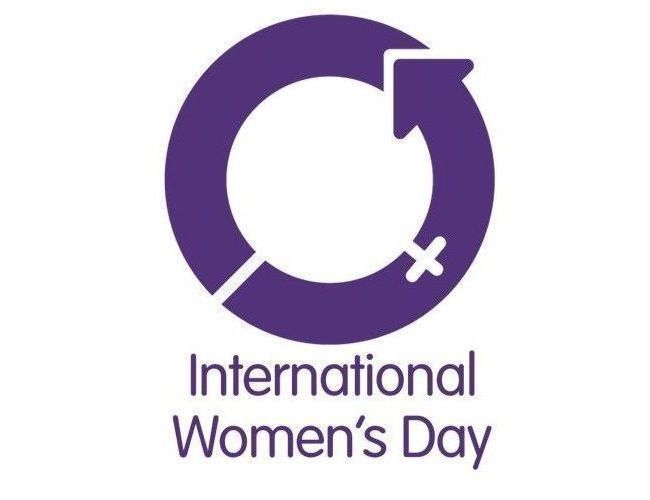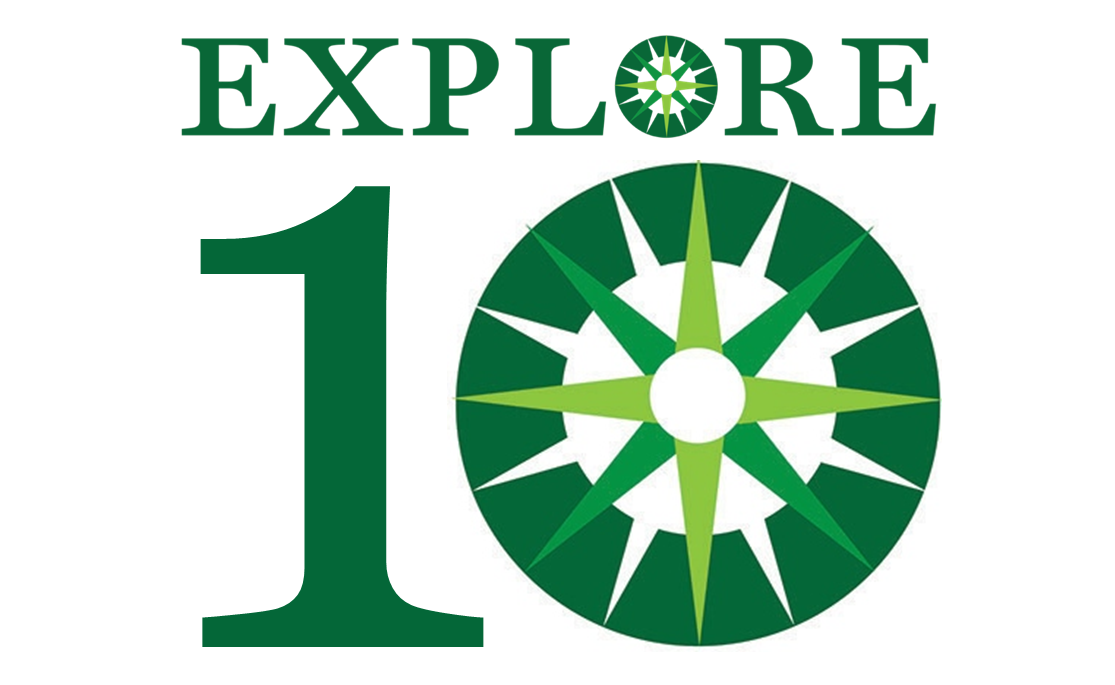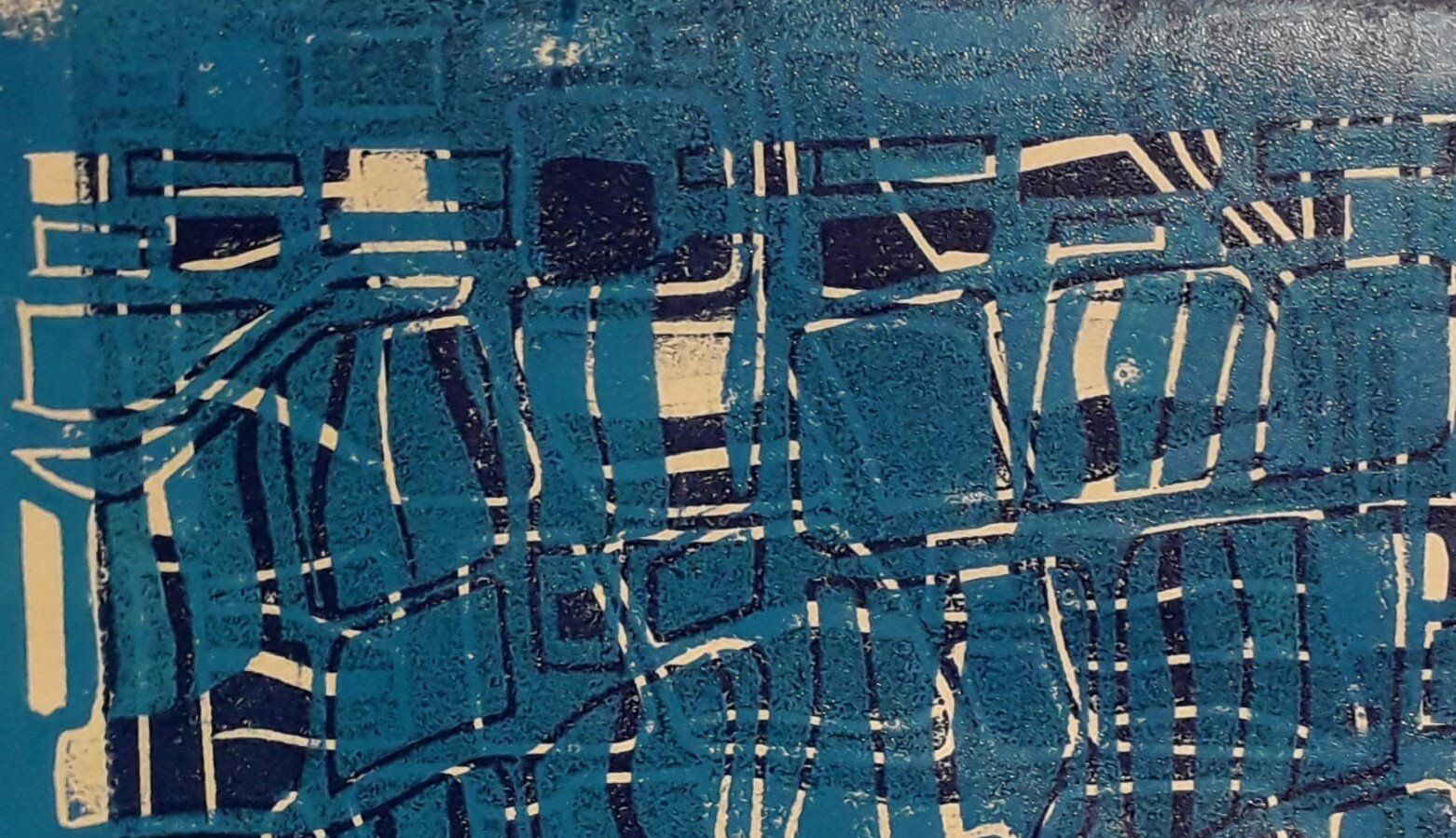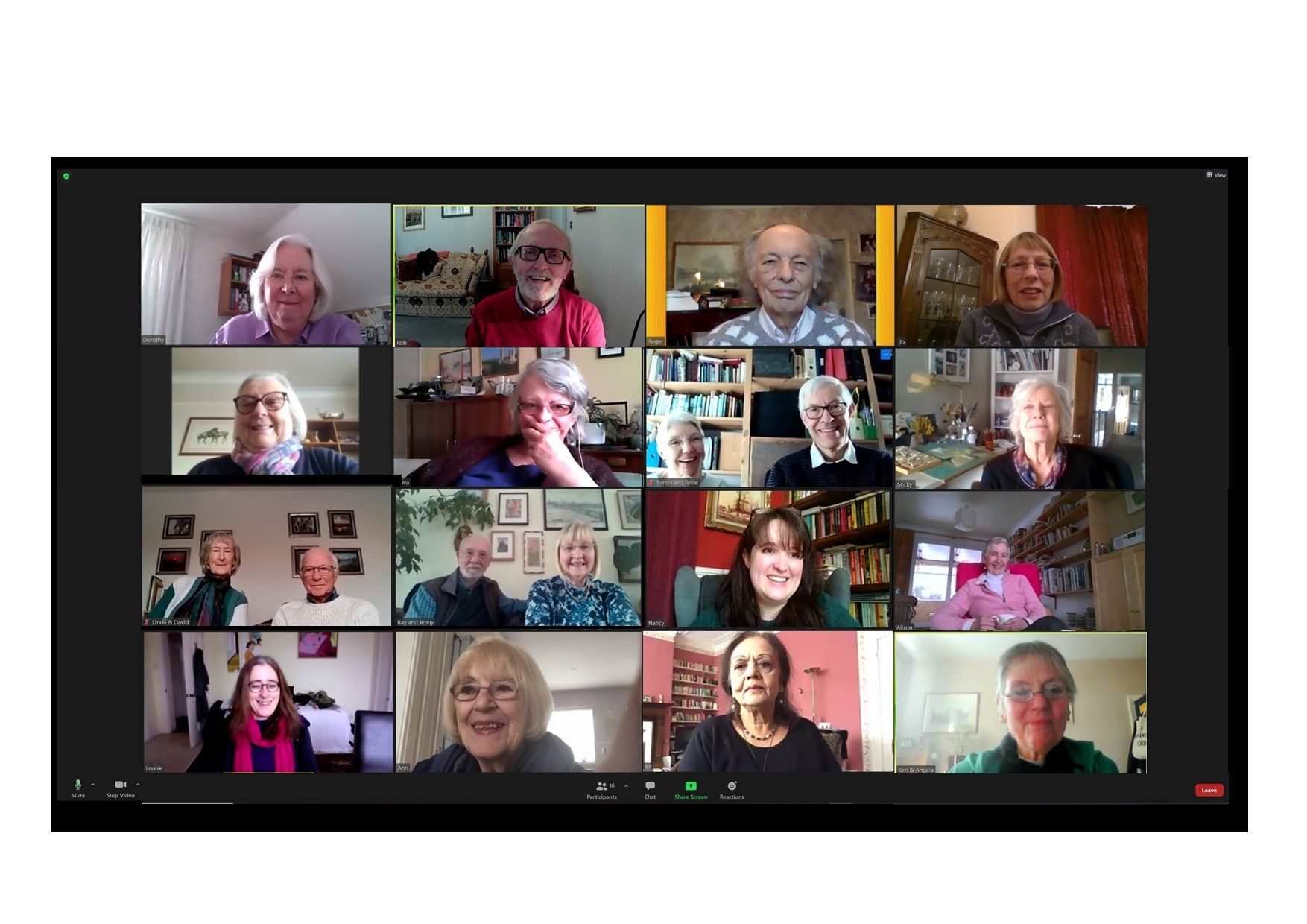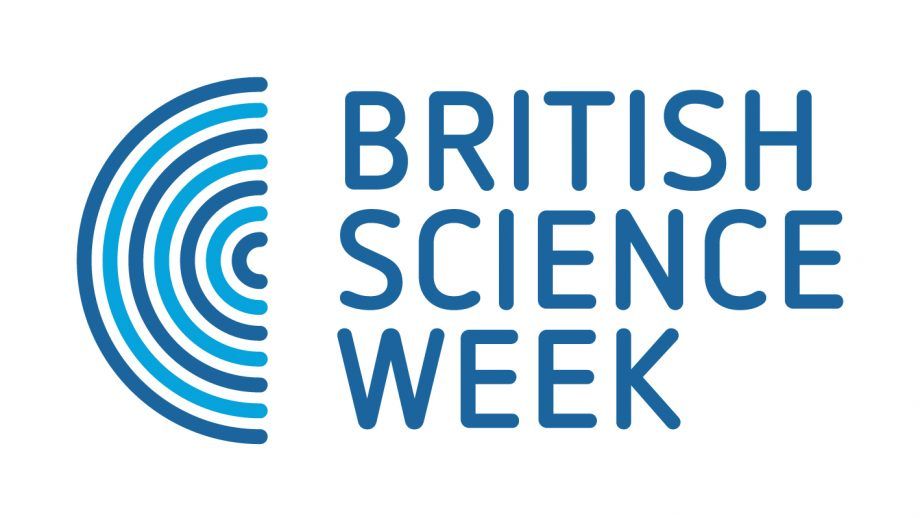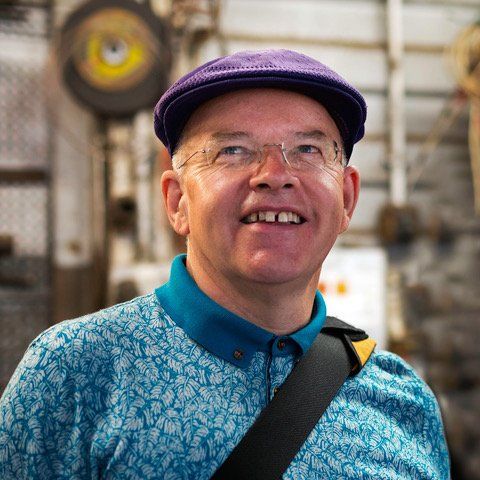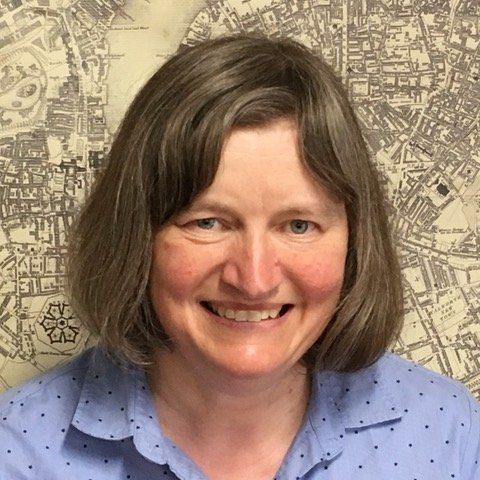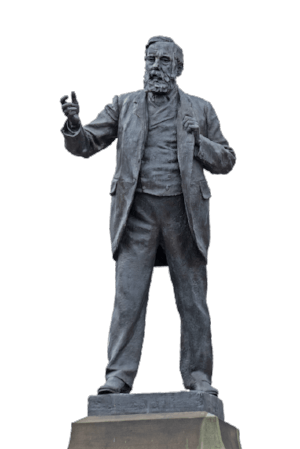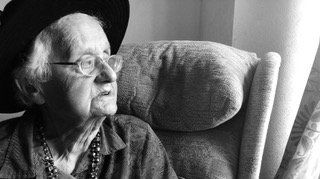International Women's Day 2021 with Friends of Explore
- by Friends of Explore
- •
- 17 Mar, 2021
- •
To celebrate 2021 International Women's Day, Friends of Explore organised a special event with a series of talks by members about just some of the women who have inspired them...
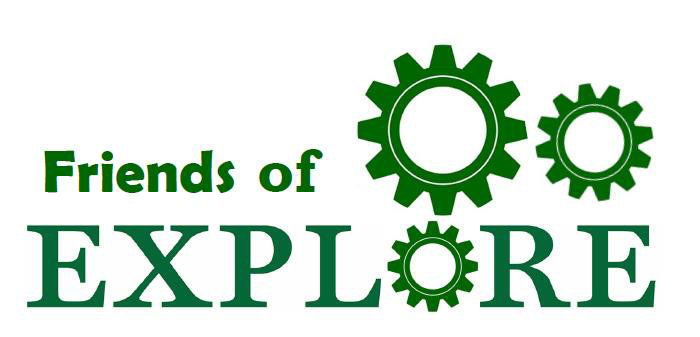
This year for International Women’s Day the Friends of Explore organised a series of short talks about five notable women - women whose contributions to society and daily life should be recognised and celebrated. The event was a great success and members particularly enjoyed hearing not only about the five figures featured, but the personal connections and commitment shown by the speakers. Whilst these talks were part of an unrecorded Live event, we are pleased to share just some of the inspiration expressed and discussed by our speakers and audience on this year's International Women's Day.
MAGGIE ADERIN POCOCK - A space scientist and science educator, born in London in 1968, Maggie Pocock was appointed to join the team of presenters of The Sky at Night in 2014. Her appointment was regarded by some commentators at the time as being due to the BBC needing to fulfil their quotas of women and people of colour, but to counteract these stereotypes she has since worked with hundreds of thousands of children delivering presentations and workshops themed around the wonders of the universe with apparently unquenchable energy and enthusiasm. She provides a wonderful and credible role model to school pupils and learners everywhere.
From the speaker - Jo explained that when she was teaching Physics she would have loved a role model like Maggie; someone who doesn’t come from a privileged white background, a mother and who loves her job. Jo also wanted to highlight someone for the IWD event who was not dead!
DAISY BROOK, COUNTESS OF WARWICK - You might not know the name, but you probably know the song!
The next talk featured the woman whom the popular song “Daisy, Daisy give me your answer do” was written. She was born in1861 and died in 1938 and had an exciting and surprising life. Her real name was Frances Evelyn, nee Maynard, and at the age of 3 she inherited a large fortune and a stately house, Easton Lodge in Essex. Against the wishes of Queen Victoria, who wanted Daisy to marry her son Prince Leopold, at twenty she married Lord Brook who subsequently became the Earl of Warwick. She mixed in the highest aristocratic circles and in 1889 she had an affair with the Prince of Wales, later Edward the seventh, which lasted till 1898. Surprisingly during this time she became interested in addressing social inequality. An agricultural college for women a needlework school with a shop to sell the work produced were all started by her. She also began a theatre to entertain and educate the local rural community in Essex. Her friends included George Bernard Shaw, H.G. Wells and other radical writers, actors and thinkers.
During the
First World War she wrote twelve books on various subjects including Socialism and
the Arts and Crafts Movement. Most interesting of all, her husband having been
a Tory MP, in 1923 Daisy stood as an Independent Labour Party candidate for the
constituency of Warwick and Leamington losing to Anthony Eden. Later in life
she offered her home to the T.U.C. and the Labour Party for meetings and conferences.
Although a rather flawed character, beset by scandal and infidelity, at a time
when women were expected to “toe the line” Daisy “ploughed her own furrow”,
knew her own mind and was not afraid to step outside of her own class to help
those less fortunate.
From the speaker - Jenny had read a novel where a character was based on Daisy, so she looked her up and became fascinated by her. Also Jenny wanted a woman who was relatively unknown.
THE EYEMOUTH FISHWIVES. The third presentation was entitled “ Ordinary Women” and was to celebrate women who win no accolades, whose names are generally unknown, but who are essential to society.
The Eyemouth fish wives in the 19th century are just one example. Their lives were never easy, in addition to normal household duties they were essential to the fishing industry. Each fisherman needed a line of 1,200 hand baited hooks and it was the women and children who collected the mussels and who rose before dawn to bait the hooks all before starting their household chores.
Life changed dramatically on October 14, 1881 when the fishing fleet was hit by a hurricane. Families rushed to the harbour to wait for the fleet coming home only to watch as the boats were smashed on the rocks of the harbour and their men drowned in front of them. This Black Friday left 129 Eyemouth fishermen dead, leaving 73 widows and 263 fatherless children. In the aftermath, while the men were busy with manly things, committees, funerals and normal fishing, it was the women who stayed at home and got on with life, tending the home, raising their children, looking after neighbours and surviving the dire poverty they had been left in. The Bridge of Weir offered to take all the children but their offer was rejected and every single child was kept in the community.
We should remember ordinary women in all times and societies who just rise to the occasion, do nothing spectacular but who just get on with things and provide the bedrock of stability for their societies.
From the speaker - Elsie is a direct descendant of one of the fisherwomen and was invited to the unveiling of the commemorative statue in the harbour.
EVE BALFOUR. The next account was about the Soil Association and Lady Eve Balfour.
Now that organic produce is generally available and the Soil Association’s symbol has long been recognised as guaranteeing high standards in areas such as animal welfare, the protection of human health and the safeguarding of the environment, it is worth remembering that one of the early pioneers of the organic movement was a woman.
Lady Eve Balfour was born into an aristocratic family in 1898 and was the niece of the Prime Minister Arthur Balfour. She aspired from early childhood to be a working farmer and was one of the first women to study Agriculture at Reading University. In the interwar years she farmed in Haughley, Suffolk during which time she upped her income by writing novels, playing the saxophone in a jazz band at Saturday night dances and helped to mobilise the 1930s resistance movement against the paying of tithes. She also became concerned about the long term consequences of the growing use of chemical fertilizers on soil fertility, human health and wildlife and in 1939 set up the Haughley Experiment, a side by side evaluation of chemical based and compost based agriculture. In 1943 she published “The Living Soil”, the founding text of the organic food and farming movement.
That year she co-founded the Soil Association, which in the succeeding 70 years has supported research into alternatives to artificial fertilizers and pesticides and for a more sustainable approach to agriculture.
From the speaker - Jan worked for the soil association and has always felt that ‘her woman’
does not get sufficient recognition.
ROSA PARKS. The final presentation highlighted Rosa Parks because of the important role she played in the Civil Rights Movement in the US South.
On the 1st December 1955, this softly spoken black seamstress had the courage to refuse to give up her seat on a bus to a white person. Her defiance and the success of the subsequent bus boycott in Montgomery, Alabama proved to the black community that they did have the power to implement social change. The speaker also came from Montgomery which gave another reason to be interested in her.”We were of different ages and different races but we both lived through the most monumental social realignment that the South faced in the 20th century.
In this talk I felt I could use Mrs Park’s action to illustrate the injustice of the racial laws under which we lived and explain to a British audience a little of the history behind the post-Civil War apartheid in the Southern States. The social changes, obviously, affected me in many ways. But one of my favourite moments was when, 8 years after Rosa Park’s momentous stand, I, a white high school student was, for the first time ever, allowed to share a podium with a black student.”
From the speaker - Liz was inspired to talk about Rosa Parks by drawing on her personal experiences
growing up in Montgomery and the social changes witnessed through the 20th
Century in the US Southern States
Would you like to support Explore?
The Explore programme is run by the Joseph Cowen Lifelong Learning Centre (registered charity 1174080) - DONATE to the charity here.
More about the author of this post:
Friends of Explore are a special bunch within the Explore/Joseph Cowen membership, not a different group just part of Explore helping to add a bit of 'social' to the learning by encouraging new social and promotional events outside the main programme. Pre-Covid19 they organised friendly meet-ups, fundraising events, walking groups and member-led activities through the summer. Since restrictions have been in place limiting physical get-togethers, Friends of Explore have kept up the support with Zoom coffee morning, virtual tea parties and special events for members.
You can read more about Friends of Explore prior to lockdown HERE.
Mailing List
Mailing List
We will get back to you as soon as possible
Please try again later
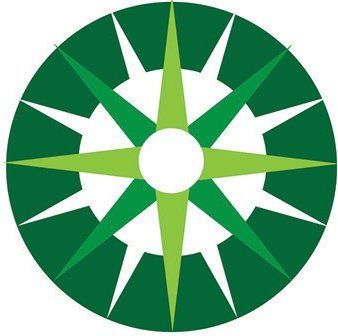
All Rights Reserved

